In the spirit of our practice of what we term ObservationalVC©, we have always called smallholder farmers ‘risk managers’.
We were reminded of this when we stumbled upon ‘VCs need their money back’: Why Sustainable Startups Struggle To Fix Our Broken Food System.’
It is a thoughtful article that echoes a lot of the thoughts we shared at the #AFSForum2024 and embedded in the insights we have shared with potential investors in our upcoming Africa-focused Eco Seed Fund. The need to rethink how to properly and sequentially finance food systems is critical. Venture capital and PE-lite can certainly help but we will need a community of different types of investors and financial support.
As shared on the panel we spoke at (and as quite a few LPs have heard from us), there are some fundamental drivers that should underpin decisions and resource allocation in African food systems.
(1) Smallholder farmers ARE risk managers. Once they are so defined, it forces the ecosystem to rethink how best to support them. As risk managers, smallholder farmers deal daily with input risk, climate risk, financing risk, yield risk, post-harvest risk, government agency risk, supply chain risk, storage risk, personnel risk, mechanization risk, etc. If there was ever a more encouraging scenario for decision fatigue, we haven’t seen it. Once viewed through this lens, it becomes easier to understand why our smallholder farmers are spot and not futures traders.
(2) We have never understood why the primary producers of value in food supply chains get paid least and last.
(3) Access to financing means offering a menu of different financing products that are customized to stage and context. During the #AFSForum2024, a repeated refrain by ag operators from different countries on the continent was that the cost of financing posed a hard cap on their ability to operate and deliver food products. Our view, having been investing in this sector for nearly a decade, is that the ability and willingness of smallholder farmers to improve yield, increase productivity and expand outputs is a direct function of their ability and willingness to take risk which is positively correlated with how ecosystem supporters assist them in eliminating or mitigating risk.
Identifying the mismatch of finance products with the pursuit of market opportunities is an important early step.
(4) The need to rethink from first principles how to identify, sequence, finance, build, deploy, operate and maintain the infrastructure in support of our food systems has never been greater.
(5) Our view remains that the market needs many small-check investments that set out and explore hypotheses around products and infrastructure that can mitigate or eliminate all or many of the risks set out above.
When we launched our Eco Pilot Fund I in the fourth quarter of last year, our specific remit was to take first institutional check risk, make fast-twitch investments into African-led startups, apply the institutional capital lens in backing the founder archetypes focused on building large, high-impact businesses, and explicitly fund ‘experiments’ and hypotheses that were climate-focused or in climate-adjacent or climate-sensitive sectors.
10+ deals later, we will be announcing the outcome of our learnings this quarter but we can say with confidence that the need for our custom designed investment vehicles has never been greater and more importantly, there is clear product-market fit which should hopefully get existing LPs, DFIs, NGOs and foundations (that have historically supported investments in these sectors) to rethink copy-and-paste approaches in a market that has headwinds that don’t necessarily exist elsewhere (or at the scale or volatility, at least).
The larger successor fund vehicle we are raising, EchoVC Eco Seed Fund I, will run the second leg of what we hope will be a world-record-setting relay team.
It goes without saying that it takes a village. In addition to our missionary founder-builders and their teams, we also are incredibly grateful to our supporters, Shell Foundation, UKAid (and FCDO) for recognizing the opportunity to completely rethink traditional approaches, supporting our innovative pilot fund structure and giving us the runway to design what we hope will be the definitive neo-architecture for food, ag and climate-sensitive products, services and infrastructure in Africa.
#WeAreEchoVC
